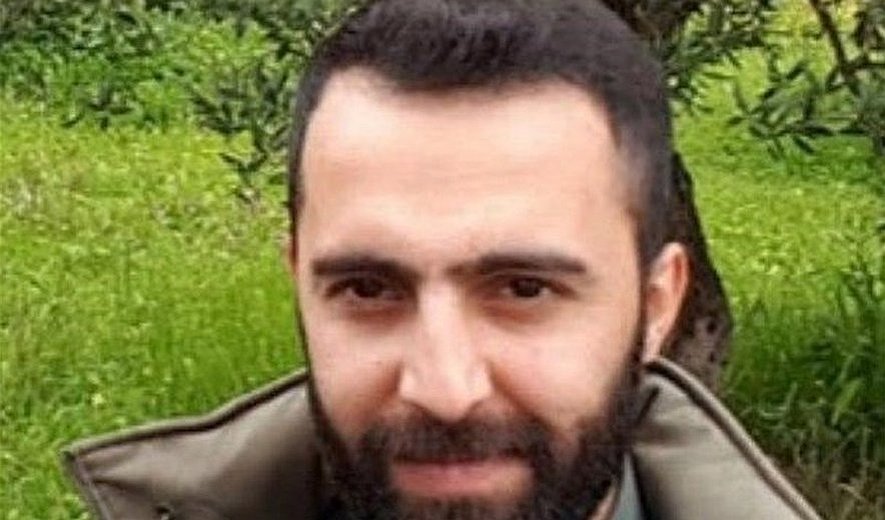Iran: Mahmoud Mousavi-Majd Executed on Espionage Charges

Iran Human Rights (IHR); July 20, 2020: Mahmoud Mousavi-Majd, a man on death row for alleged charges of espionage, has been executed. He was arrested in 2018 and wrongly described by some officials and domestic media as the man who “disclosed Qasem Soleimani’s location”.
According to state media, Mahmoud Mousavi-Majd’s death sentence was carried out this morning, July 20. He was sentenced to death by Branch 15 of the Revolutionary Court of Tehran on charges of "espionage for an enemy state." Shortly after the hearing, his sentence was upheld by Branch 19 of the Revolutionary Court.
"Mousavi-Majd was executed on Saturday morning, at 4 am, and the state media is even lying about the time of his execution." an informed source told IHR.
At a press conference held on 10 July 2020, Gholamhossein Esmaili, a spokesperson for the Islamic Republic judiciary, stated that Seyed Mahmoud Mousavi-Majd, son of Seyed Kazem, had been sentenced to death, claiming that "Mousavi-Majd disclosed the former commander of the IRGC Quds Force, Qasem Soleimani’s location of residence and travel routes to foreigners.”
Shortly afterward, the Judiciary Media Centre corrected this claim, stating that Mousavi-Majd's case went back to "long before the commander of the IRGC's Quds Force was killed" and that the initial death sentence had been "issued on 25 August 2019."
Iran Human Rights (IHR) had previously warned of the risk of his imminent execution after he was transferred to an unknown location on July 6.
Due to the lack of transparency in the Islamic Republic of Iran’s judiciary system, particularly in so-called security-related cases, no information is available on Mahmoud’s interrogation, trial and whether he had access to a lawyer. Defendants accused of security charges are tried and convicted without legal representation by Islamic Revolutionary Courts, which predominantly take place behind closed doors. They would have spent long periods of time under interrogation and pressure in solitary confinement before trial.

